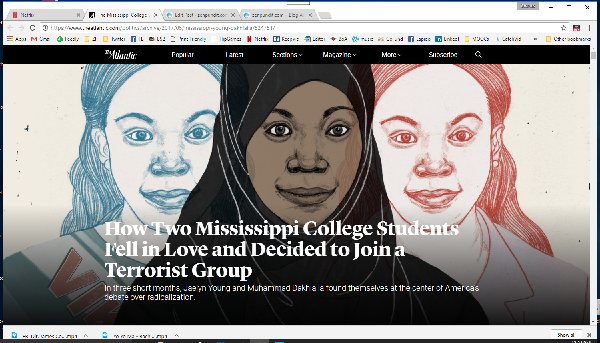Mindanao: Curse, bless, me now with your fierce tears, I pray.
Sunday, June 4th, 2017[ by Charles Cameron — witnessing the darkness, and the light shining in darkness ]
.
Curse and blessing, simultaneously, might be termed a mized blessing, ne?
Our understanding of Islam in relation to Christianity may be enhanced by a telling of the cursed, blest hehavior of Muslims in Mindanao, during the evacuation of the city of Marawi: curse and blessing are inextricably intertwined, the light shineth in darkness; and the darkness comprehended it not, the light shineth in darkness..
**
Philippine sectarian bloodshed unites Muslims and Christians
Despite Islamist militants’ attempts to cause division, their violence has prompted selfless interfaith compassion[ .. ] Islamist militants in black masks were stationed on bridges – the only way out of the besieged city of Marawi – looking for Christian hostages. A priest had already been kidnapped. Risking his own life, a local Muslim leader had hidden dozens of Christians in a rice mill.
“He was giving them an orientation,” said the city’s bishop, Edwin de la Peña. “How to respond to questions, to recite prayers, to wear their veils, how to say assalamu alaikum (peace be upon you).”
The plan worked, but others were not so fortunate, de la Peña said. “When they were asked if they were Christians, they said yes readily. So they were pulled out. And we just heard that they were killed and thrown down into a ravine.”
Residents of Marawi, on the Mindanao island of the Philippines, were fleeing a surprise takeover by fighters claiming to be Islamic State supporters. They left a burning cathedral and corpses in their wake.
Stories such as these of brutal sectarian bloodshed, but also selfless interfaith compassion, have rippled across the Philippines.
Muslims protect Christians under attack from Isis-linked group as they flee Marawi
“We had a tip from the general commander that we should go out,” said Leny Paccon, who gave refuge to 54 people in her home, including 44 ChristiansMore than 160 civilians walked out of the besieged Philippines city of Marawi just after dawn on Saturday, deceiving Islamist fighters they encountered by hiding the identity of the many Christians among them. [ .. ]
“We saved ourselves,” said Norodin Alonto Lucman, a well-known former politician and traditional clan leader who sheltered 71 people, including more than 50 Christians, in his home during the battle that erupted on 23 May in the town of more than 200,000 on the southern island of Mindanao. “There’s this plan to bomb the whole city if Isis don’t agree to the demands of the government,” he said, referring to local and foreign fighters who have sworn allegiance to the ultra-radical Islamic State. [ .. ]
“We had a tip from the general commander that we should go out,” said Leny Paccon, who gave refuge to 54 people in her home, including 44 Christians. “When I got the text, immediately we go out … about 7 o’clock.”
By then, Lucman and his guests had begun their escape march from another area, holding white flags and moving briskly.
“As we walked, others joined us,” he told reporters. “We had to pass through a lot of snipers.”
Some of the civilians were stopped and asked if there were any Christians among them, said Jaime Daligdig, a Christian construction worker.
“We shouted ‘Allahu akbar’,” he told Reuters, adding that thanks to that Muslim rallying cry they were allowed to pass. [ .. ]
Christians have been killed and taken hostage by the militants, a mix of local fighters from the Maute Group and other Islamist outfits, as well as foreigners who joined the cause under the Islamic State banner. [ .. ]
Lucman said that many of those trapped were on the verge of starvation, which also gave them the courage to leave.
**
many of those trapped were on the verge of starvation, which also gave them the courage to leave.
There’s a close and provocative analogy there to the idea that darkness brings out the light, ne?




